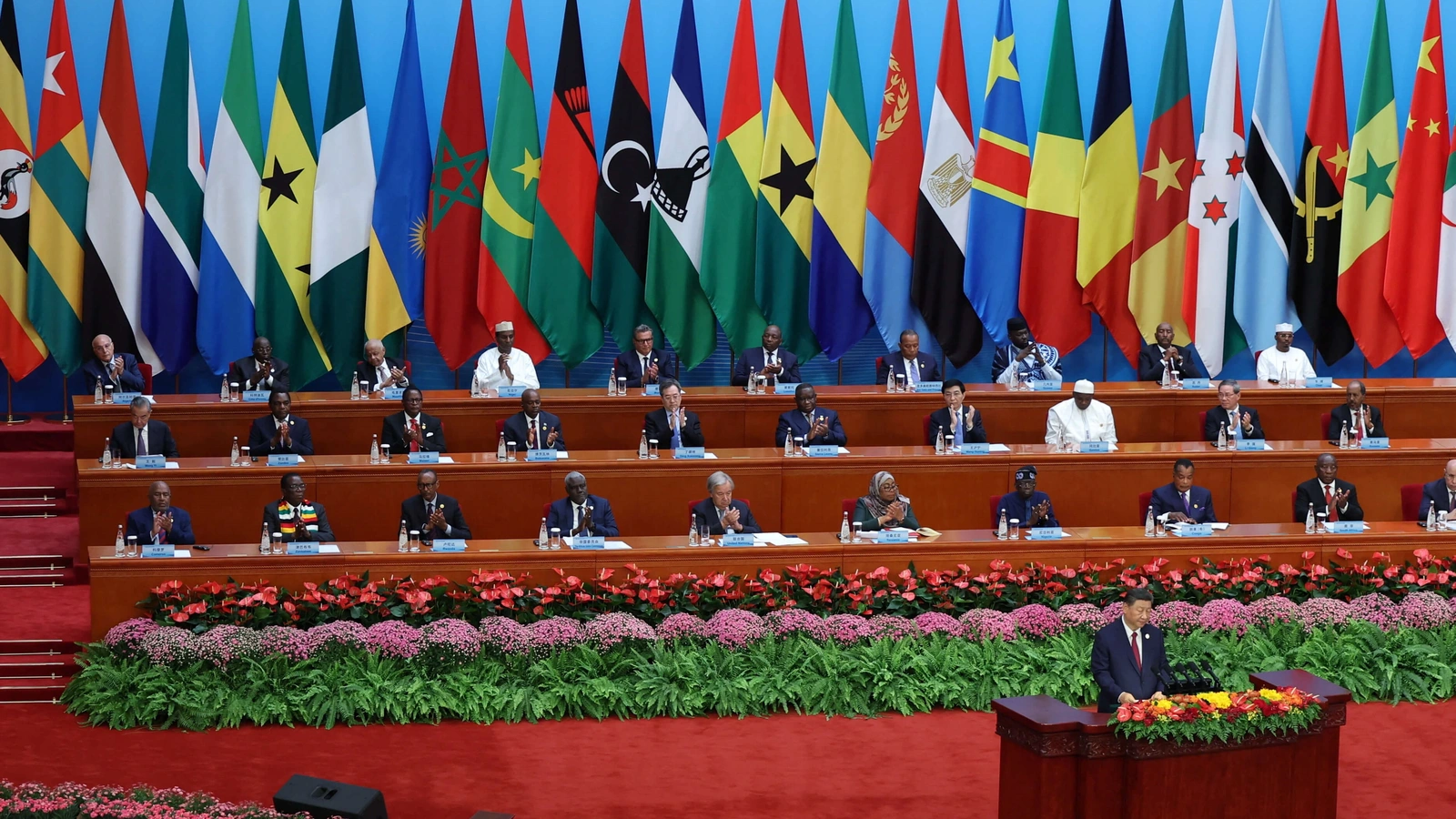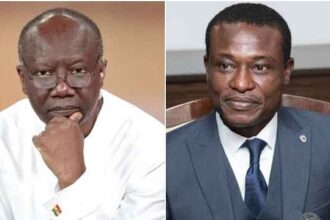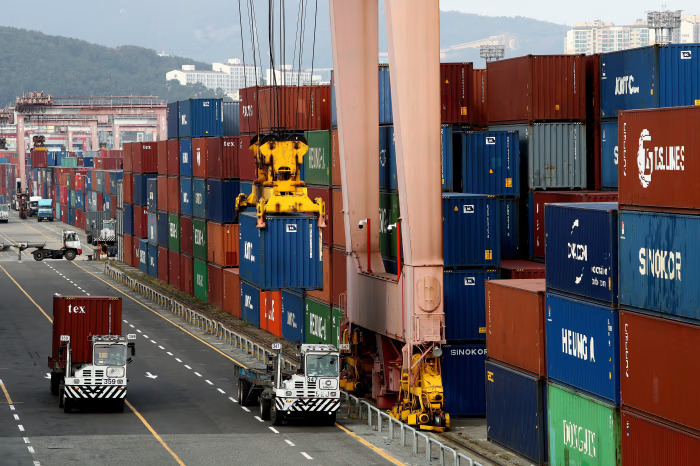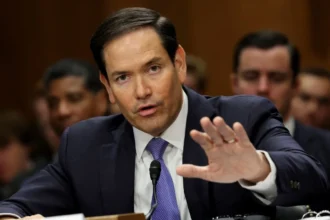As the United States reduces its diplomatic presence in Africa, China is intensifying its influence across the continent, even pressuring African lawmakers to distance themselves from international groups critical of Beijing.
In the past year, lawmakers from countries like Malawi and Gambia have withdrawn from the Inter-Parliamentary Alliance on China (IPAC), an organization of global legislators concerned with China’s human rights record and its claims over Taiwan.
The withdrawals came after Chinese diplomats reportedly warned that maintaining membership in IPAC could strain bilateral relations with Beijing, according to recordings and messages obtained by The Associated Press.
Founded in 2020, IPAC advocates for sanctions against China over its actions in Xinjiang and Hong Kong and supports Taiwan, a democratically governed island that Beijing considers a breakaway province.
The group has become a target for Chinese pressure, with Beijing going as far as threatening to cancel meetings with African leaders or delay high-profile visits in retaliation for lawmakers’ participation in IPAC.
Malawi and Gambia are the latest examples of countries where Beijing’s diplomatic reach has led to significant political shifts.
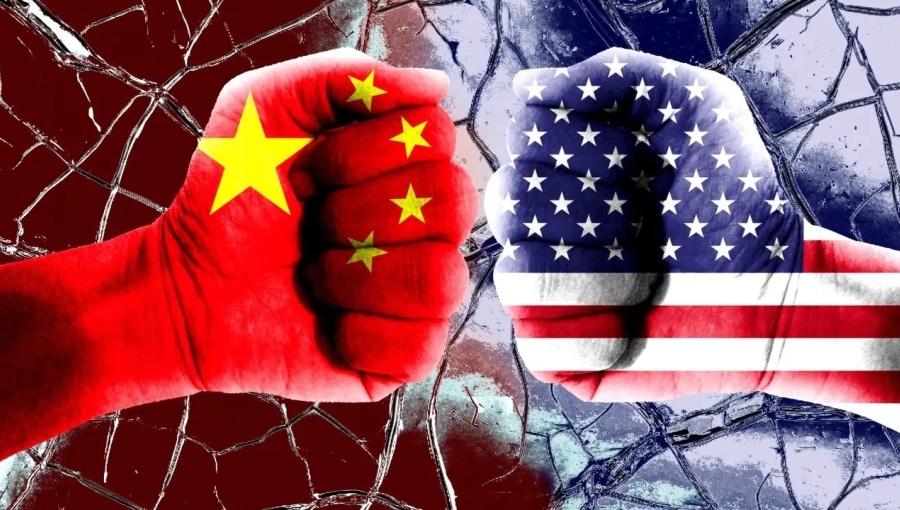
READ ALSO: Autistic Teen Shot 9 Times by Idaho Police, Leg Amputated in Critical Condition
In January, Gambian lawmaker Abdoulie Ceesay revealed in a voice message that Chinese officials had pressured his country’s foreign ministry, leading to his and fellow legislator Amadou Camara’s withdrawal from IPAC.
Despite their claims of independence in the decision, Chinese involvement is seen as a critical factor.
Similarly, in Malawi, lawmakers were reportedly warned by their national assembly speaker that China might cancel the Malawian president’s planned visit to Beijing unless they left the alliance.
One lawmaker, Ephraim Abel Kayembe, later wrote a letter to IPAC apologizing for joining and stating that he had been misled into the membership.
This escalation in Chinese influence tactics highlights the growing reach of Beijing in Africa, where its investments in infrastructure and natural resources have cemented its economic foothold.
Experts say the U.S. retreat from Africa could allow China to strengthen its political leverage across the continent, using economic incentives and subtle coercion to reshape alliances in its favor.
Beijing’s efforts to push African governments into alignment with its policies reflect its broader geopolitical ambitions, aiming to consolidate support for its “One China” policy while curbing any recognition of Taiwan.
Analysts like Christian-Geraud Neema from the China Global South Project see this as part of China’s broader strategy to control political narratives in countries where it has significant investments.
The pressure on African lawmakers and governments is part of a broader pattern of Chinese diplomatic and economic influence, which critics say often favors Chinese companies and workers at the expense of local communities.
Yet many African leaders continue to embrace China’s role in their development, seeing it as a vital source of capital and expertise.


